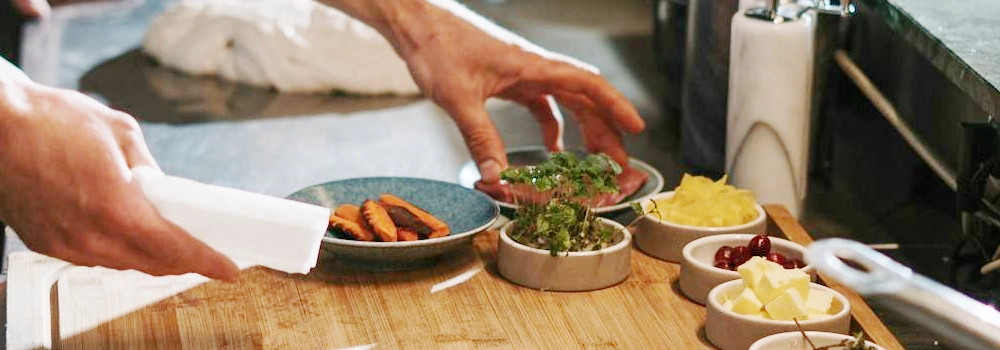
Summer can make or break your bottom line—and a well-engineered menu is your most powerful tool. As guests crave lighter fare, refreshing drinks, and quick service, restaurant operators must adapt their offerings to meet demand, control costs, and capitalize on seasonal trends. Menu engineering isn’t just a back-of-house task—it’s a frontline strategy to improve profitability during your busiest months.
Why Menu Engineering Matters in Summer 2025
Summer often delivers a revenue boost for restaurants. According to the National Restaurant Association, July 2023 marked the third consecutive month of strong restaurant sales growth, with eating and drinking places generating $91.1 billion, a clear indication of increased summer spending and traffic (source).
But volume alone doesn’t guarantee profit. This is where menu engineering becomes essential. According to TouchBistro, applying smart menu engineering strategies, such as categorizing items by popularity and profit margins and restructuring menu layout, can increase restaurant profits by more than 15% (source).
What to Feature This Summer
1. Produce-Driven, Seasonal Dishes
Fresh, locally-sourced ingredients like corn, tomatoes, peaches, and herbs aren’t just in season—they’re in demand. These low-cost, high-margin ingredients allow you to create appealing salads, bowls, and sides that align with health-forward diner preferences.
2. Cold, Functional Beverages
Offer house-made lemonades, fruit spritzers, and iced herbal teas, along with optional wellness add-ons such as vitamin C, ginger, or electrolytes. The demand for non-alcoholic and functional drinks is skyrocketing, and they often come with excellent margins.
3. Grilled Proteins & Summer Bowls
Grilled skewers, fish tacos, or BBQ chicken plates are hot-weather favorites that require minimal labor and appeal to outdoor diners. Bowls featuring grains, greens, and lean protein are also winning formats across casual and upscale concepts.
4. Plant-Based Stars
Plant-based isn’t a fad—it’s a growing preference. Incorporate hearty seasonal veggie dishes or vegan mains to capture flexitarians and health-conscious guests. A summer farro salad with grilled zucchini and tahini dressing, for instance, can be both cost-effective and Instagram-worthy.

5. Picnic & Patio Packs
Create takeaway kits for couples or families with shareable mains, drinks, and snacks. These "summer kits" are perfect for concerts, beach days, or backyard hangs and help increase average ticket size without complicating kitchen flow.
What to Cut or Rework
1. Hearty, Heavy Items
Creamy pastas, braised meats, or stews may have been winter stars, but they don’t match summer eating behavior. They also heat up kitchens and bog down the line during rushes.
2. Labor-Intensive Dishes
With ongoing staffing shortages, efficiency is essential. Today, 70% of restaurant operators report having job openings that are tough to fill (source). Streamlining your menu by removing dishes that require excessive prep, multiple components, or intensive execution can ease kitchen strain and improve speed.
3. Redundant Items
If two items use the same core ingredients and serve the same audience, cut the weaker performer. Consolidation helps streamline inventory and speed up service.
4. Underperforming SKUs
Use your POS data to identify what's holding you back. If a dish hasn’t sold in the last 14 days, consider removing it. Make room for items that sell well and bring strong margins.
5. Loss-Leader Specials
It’s tempting to over-deliver on value, but specials should serve your margins, not just your creativity. If you're running promotions, focus on dishes that reduce food waste or repurpose high-margin ingredients.

Menu Psychology Still Matters
• Place high-margin dishes in the top-right corner of the menu or in boxes, where eyes naturally go first.
• Use descriptive language (e.g., “Charred Peach Glaze” instead of just “BBQ Sauce”) to elevate perceived value.
• Group profitable items together under “Chef’s Picks” or “Summer Favorites” to nudge ordering behavior.
Final Thought
Your menu isn’t just a list—it’s a business strategy. Menu engineering during the summer means maximizing your profits while minimizing stress on your team. Focus on high-appeal, high-margin items. Cut complexity. Use your data. With the right approach, your menus for July and August can be lean, fresh, and highly profitable.
.png)





.png)





